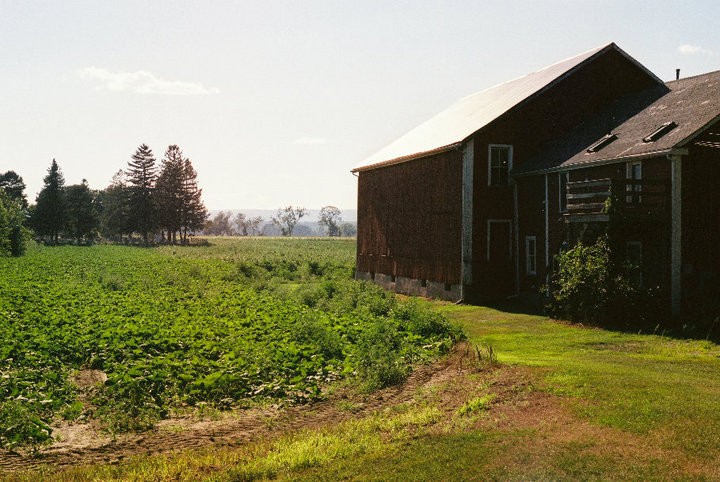In the 1730s in the town of Northampton, Massachusetts, Jonathan Edwards preached a sermon now known as A Divine and Supernatural Light. The doctrine was:“There is such a thing, as a spiritual and divine light, immediately imparted to the soul by God, of a different nature from any that is obtained by natural means.” In this sermon and in other places in his work Edwards used an image of tasting honey for having a direct experience of God. He wrote, “Thus there is a difference between having an opinion that God is holy and gracious, and having a sense of the loveliness and beauty of that holiness and grace. There is a difference between having a rational judgment that honey is sweet, and having a sense of its sweetness. A man may have the former, that knows not how honey tastes; but a man can’t have the latter, unless he has an idea of the taste of honey in his mind.” As a novelist and poet who has lived in Northampton for decades, I experience this recurring image of honey as one of my most direct connections to Edwards and his wife Sarah, who left an account of her own experiences of divine light.
The following is an excerpt from Spider in a Tree, an unpublished novel about Northampton during the years that Edwards preached there. It is set during what Edwards described as a time of great ferment among his people “on account of my principles relating to qualifications for Christian sacraments,” a conflict that led to his dismissal from the pulpit he had held for more than twenty years.

July 1749
At the end of the journey from Boston, his horse came limping down King Street with her head hanging low, so far gone from days of hard travel after months of drought that not even being this close to her own barn could quicken her pace. The sun was out and the Reverend Mr. Jonathan Edwards was surprised to be struck with love for Northampton, his embattled home.
King Street was empty in the middle of a working day. That could only be because everyone was at a meeting about their efforts to dismiss him from his pulpit. He was sick of the endless, quarrelsome meetings, so he spoke to the town as he returned to it, preaching to the pump, the courthouse, meeting house hill and to all of the absent, contentious people whose various beasts had scattered the road with manure. Tired and dirty, he slipped off his suffering horse, and, walking beside her, said aloud:
“How could I leave you whom I so love? How could I abandon you except in the grip of pure, clean fury? I am right, of course. I have been right. I must be right. You have turned against the clear instructions of the holy word. You take something clean and make it dirty, muddled, shabby, useless. Everything I’ve offered you—all my teaching, striving, and love—you wrench and twist until it drips like rain.” His voice was soft and shook with anger. He stopped speaking, but the voice became louder in his head as he walked in the rutted road, which did not answer him. He broke into wordless vision, which, he knew—always—was rising from the words and mind inside him and was not anything that he was seeing with his bodily eyes.
He remembered moments when the people of Northampton had risen, when he and they rose together, when they had been fainting, weeping, writhing, or lying still on the ground. They had filled with the spirit, the holy spirit, and it had been as if their bodies spoke without words. Maybe it had been their bodies speaking, the natural, the base, not the true heat and light rising in them as it rose in his own Sarah. Her body as much as broke the feeble laws of nature, expressed such great piety that it seemed that she could float over the rough wood floor in their hallway and levitate into the parlor—in a household full of children, servants, and visiting students of theology, mind, a house full of witnesses—rise and float into the formal room of greeting guests.

She had tasted the honey, dripped with honey. She knew the holy spirit, knew sweetness. She hadn’t just read about it, touched the jar. Her whole soul was sticky with it.
Page 1 of 2 | Next page
